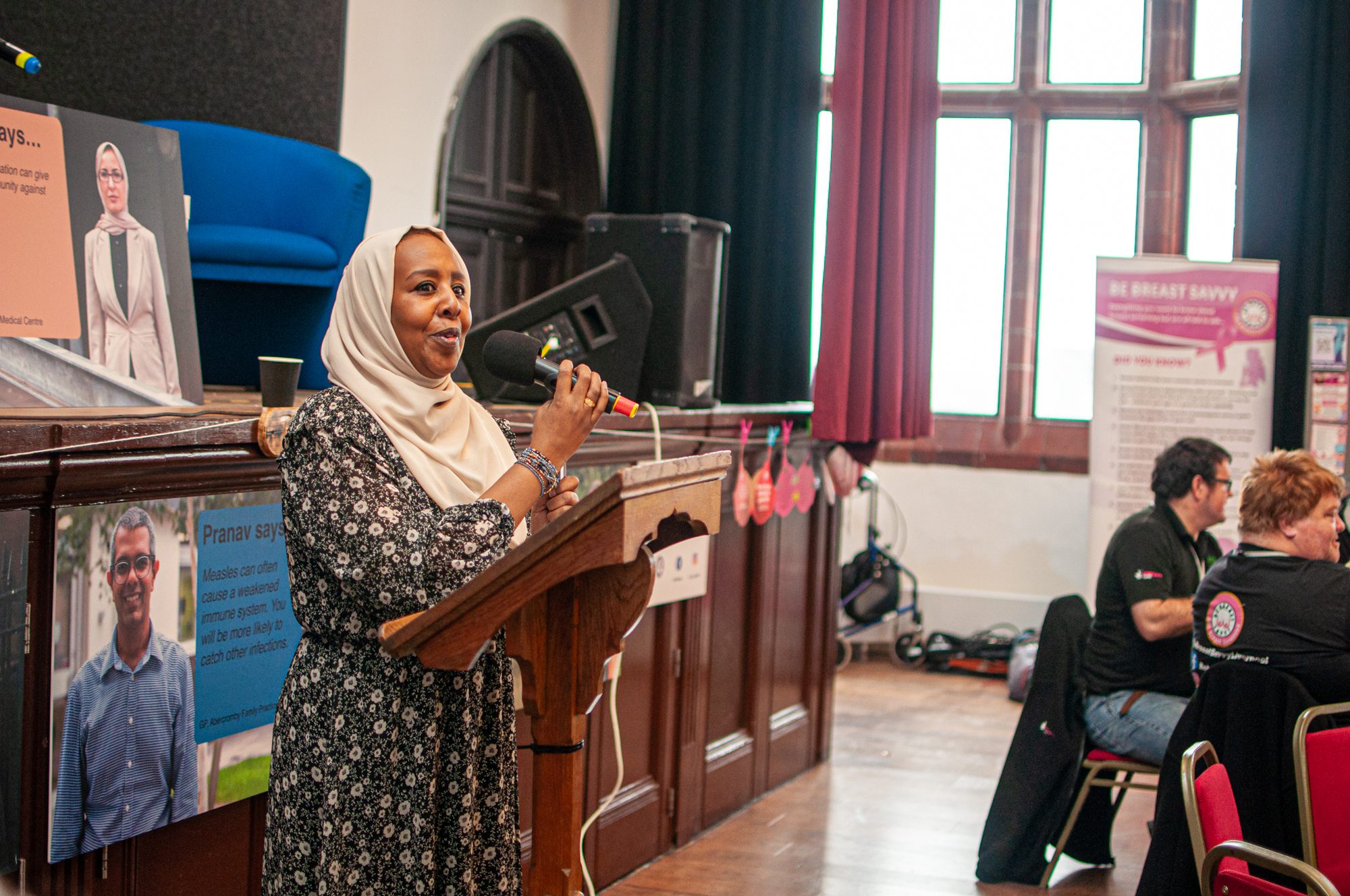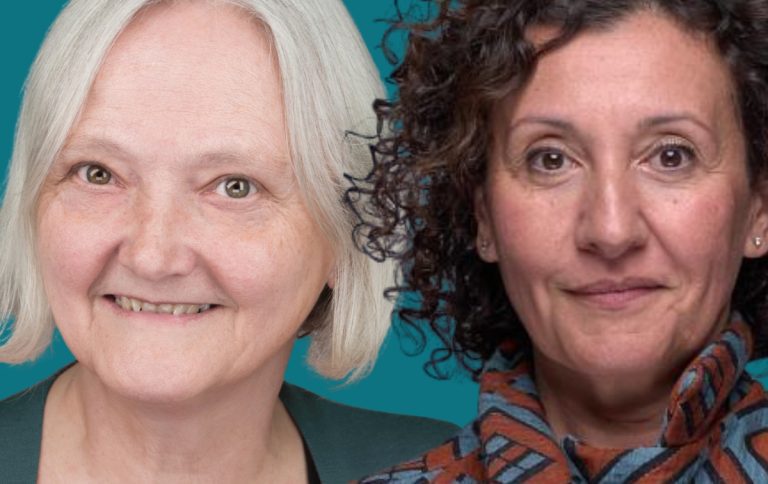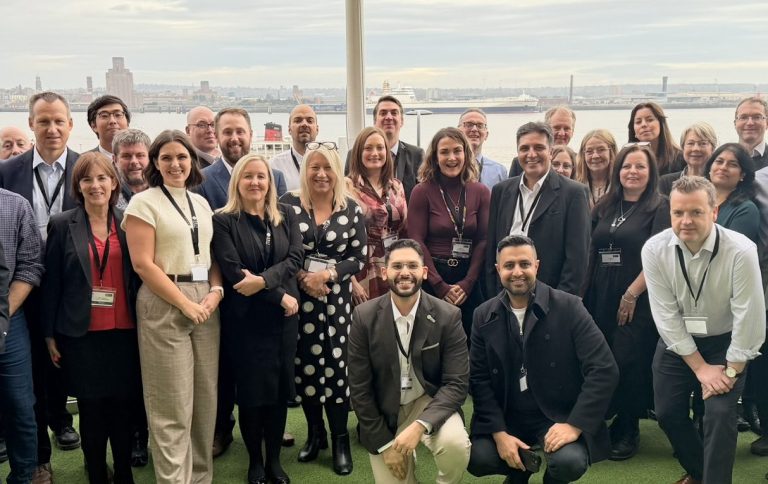- Find our latest Case Studies
- Our Platforms
The Health Equity Liverpool Project (HELP)

Background
The Health Equity Liverpool Project (HELP) was established in December 2021, by Liverpool City Council, The Liverpool School of Tropical Medicine, Capacity Development International, and Central Liverpool Primary Care Network (CLPCN). iiCON provided project management and administrative support for this project. HELP’s primary aim was to support delivery of local solutions based on local data, to overcome barriers to vaccine uptake and access to key health services in underserved areas.
In its first year, HELP adapted a proven community-health model, used in Kenya to improve uptake on antenatal care, to tackle low COVID-19 vaccination rates among the most deprived populations in CLPCN. The project brought together diverse stakeholders at the community level to collect, review and use data to develop solutions and measure their impact. Multi-professional “Community Innovation Teams” (CITs) covering the geographical range of Central Liverpool PCN received £20,000 in funding alongside coaching and capacity development in research methods; data management and use; quality improvement; behaviour change principles; communication; and programme management. CITs developed initiatives that resulted in 539 individuals from targeted communities being vaccinated (225 white men <50 years old and 314 women of reproductive age).
The teams also corrected data issues that affected 261 Chinese and other international students whose overseas vaccinations had not been recognised. Beginning in January 2023, the project expanded to address a broader range of health equity issues across four additional primary care networks:
• Central Liverpool Primary Care Network (CLPCN)
• North Liverpool PCN (NLPCN)
• Anfield and Everton PCN
• Speke, Woolton, Allerton, Gateacre, Garston, and Aigburth PCN (SWAGGA)
Key focus areas included MMR vaccination uptake (CLPCN and NLPCN), breast cancer screening (Anfield and Everton PCN), and cervical cancer screening for refugees, asylum seekers, and women with severe mental illness (SWAGGA).
Project Impact
Using local data, the CITs developed a range of creative health education and communication interventions to reach their target populations. This included videos from trusted messengers used on social media, GP screens and outreach events; use of humour, poetry and sewing workshops, photo exhibitions in community spaces, visually engaging non-NHS branded flyers, easy-read, community friendly material on social media and face-to-face campaigns in the community.
1. The Anfield and Everton team launched the “Be Breast Savvy” Roadshow across North Liverpool’s communities, bringing a colourful riot of science, media, and art to alleviate fears, promote the benefits of breast screening and rebook mammograms for women who did not attend (DNA) their last appointment.
2. The South Liverpool team brought cervical screening to refugee and asylum seeker accommodation, delivering smaller personalised community events and enhanced clinics for people with severe mental illness and learning disabilities.
3. The Central & North Liverpool team hosted community engagement and immunisation events, school coffee mornings, and critical thinking workshops to create talking spaces for parents around MMR. They also launched a benevolent rumours campaign (designed in a ‘conspiracy theory’ style) to counteract the spread of myths and misinformation.
Active community engagement culminated in over 60 community events, 1000’s of conversations and 100’s of cancer screening re-bookings.
The Anfield and Everton team successfully decreased the number of DNAs for routine breast screening by 16% and 25% in two of their GP practices and by 13.5% across the PCN. The team’s innovative roadshow won the Liverpool City Region Culture and Creativity award, 2024 for health and wellbeing.
The South Liverpool teams’ personalised approach to cervical screening resulted in a 20% increase in uptake among asylum seekers and refugee women, and a 2.5% increase in uptake across all GP practices for women with severe mental illness and learning disabilities.
In North and Central Liverpool, MMR1 uptake remains stubbornly low, and the team continues to engage with parents of unvaccinated children to address their deep founded fears. They recognise that this will not be a quick fix and are using multiple media and communication channels to change the narrative. Their insight work supported the development of the most recent national child immunisations campaign.
In addition to public health impact, evaluation of the HELP project identified a further 5 types of health system impact:
1. Created new networks, stakeholders, funding and commissioning for health equity
2. Increased capacity of community organisations and people with lived experience to present, advocate for and generate support & funding to act on health equity
3. Started new conversations as changes in language and attitude address misinformation, fear and trust of health services
4. Enhanced teamwork and morale among NHS staff and community stakeholders to address health equity
5. Engaged with decision makers, advocating for policy change reflecting a community-led creative health approach
Conclusion
HELP’s success in using community-driven methods and trusted relationships has made a significant impact on health equity in Liverpool. By incorporating local knowledge and focusing on culturally sensitive approaches, the project has set a strong example for addressing health disparities and improving access to essential services.
Going forward, the HELP community heath model will be sustained through additional funding. Liverpool School of Tropical Medicine with other academic, health, community and arts partners has been awarded a 3-year programme (2024-2027) from the Arts and Humanities Research Council to build community storytelling and advocacy into our existing community-led, creative health approach, giving voice and platforms to communities to actively tackle avoidable and unfair differences in health. This approach is being extended beyond Liverpool to the boroughs of Knowsley and Sefton, and will provide additional funding to community organisations and primary care networks interested in adopting this approach.
Efforts to sustain the approach are also taking place at the community level. The Anfield and Everton team have been awarded new funding (April 2024) from Cheshire and Merseyside Cancer Alliance to rollout a more refined Be Breast Savvy Campaign building on the strong community partnerships already developed. To further sustain their work, the primary care network, with their community partner, The Breckfield Centre (BNENC) are in the process of establishing a Charitable Incorporated Organisation to help them bid for new funding. The Central, North and South Liverpool CITs also have funding applications in process to continue and expand their work.


